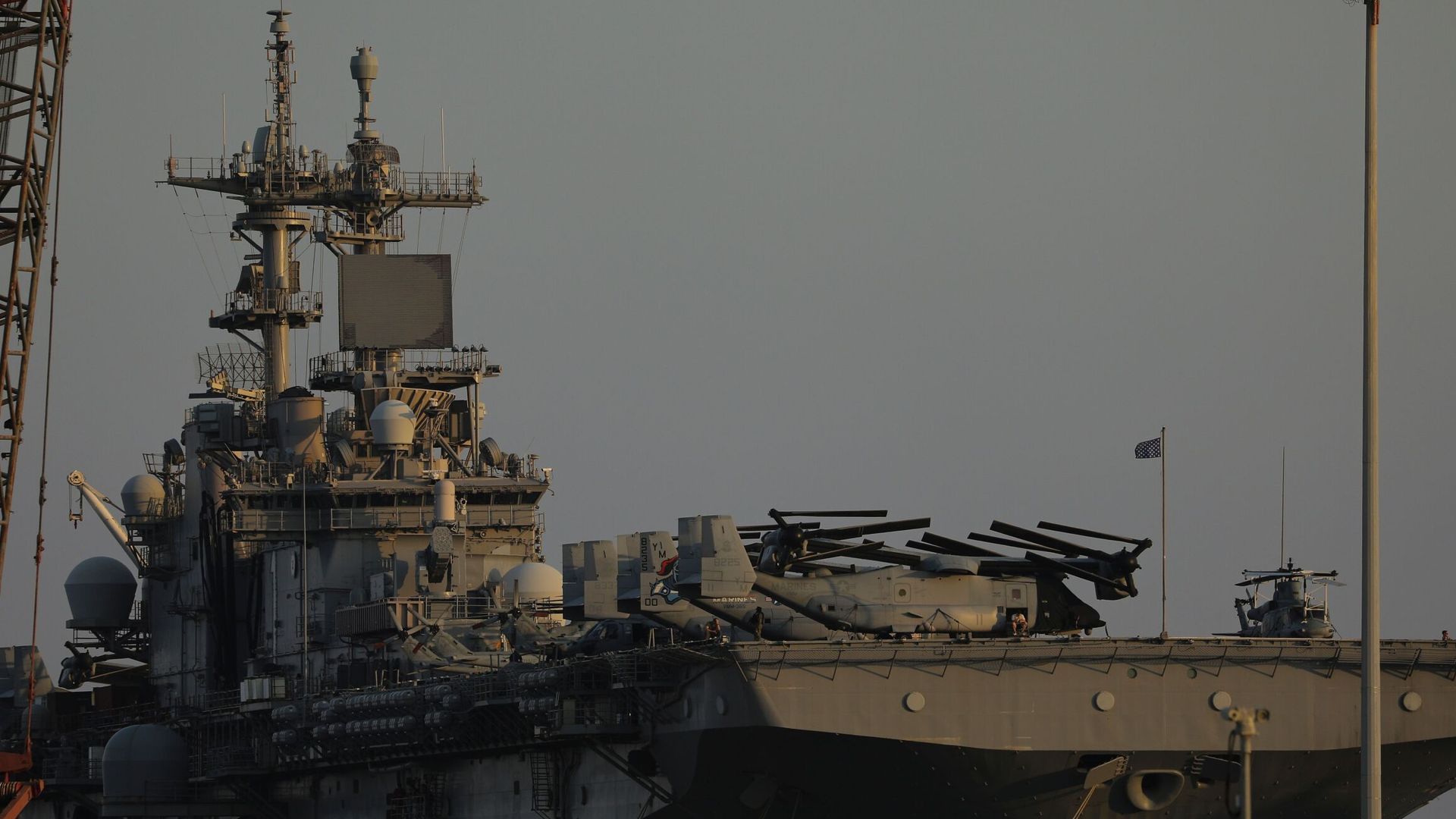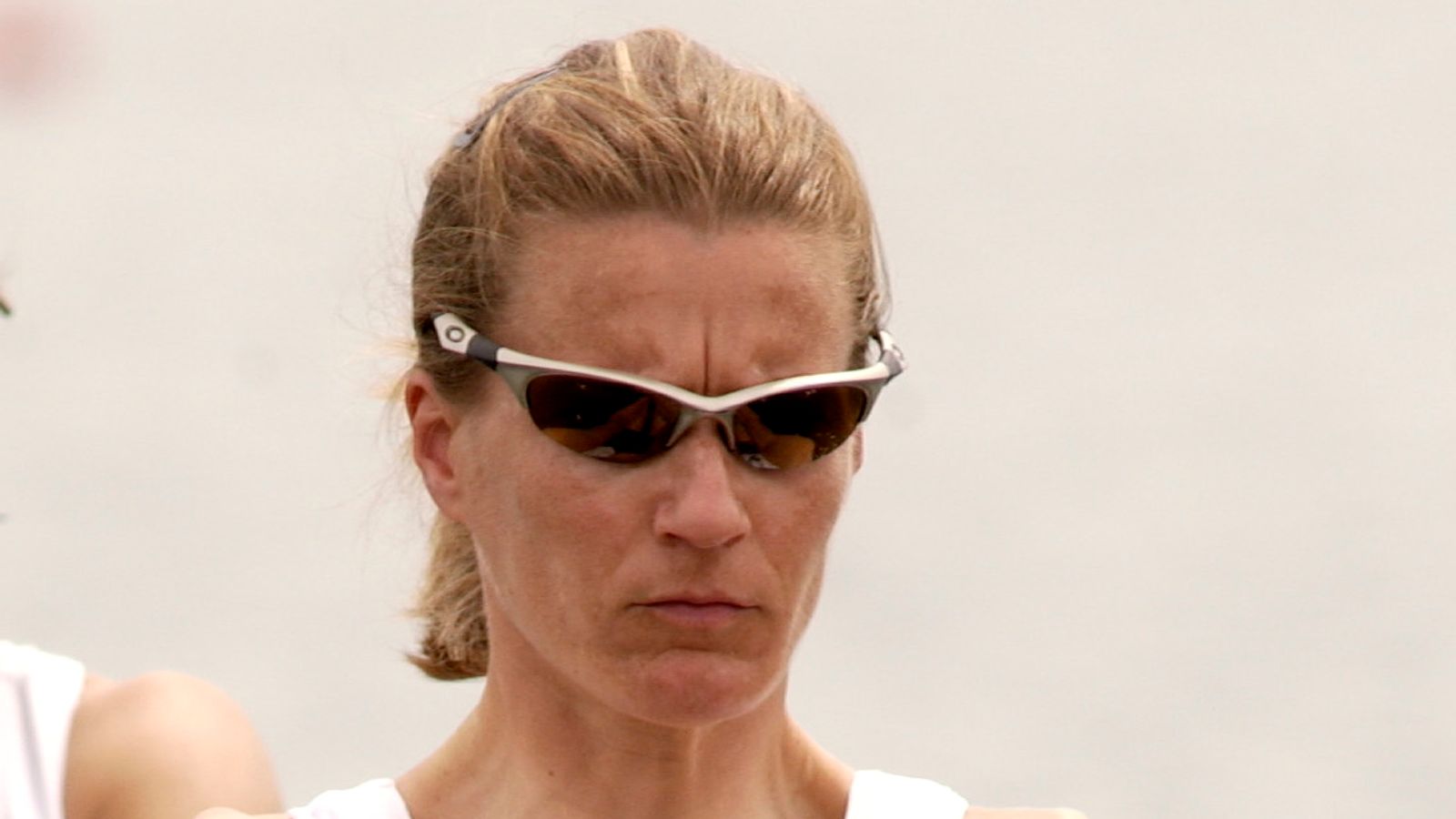The head of the United Nations has said his priority is to “minimise human suffering” in Ukraine as he begins talks in Russia today.
Secretary-General Antonio Guterres called for a ceasefire “as soon as possible” ahead of a meeting with Russian Foreign Minister Sergei Lavrov, with the two men due to hold a news conference afterwards.
During initial comments, Mr Guterres said there are “different interpretations about what is happening in Ukraine”.
But that does “not limit the possibility to have a very serious dialogue to minimise the suffering of people”, he added.
Russia says it wants to reduce ‘considerable’ risk of nuclear war – follow latest updates
Ahead of the meeting, Ukrainian Foreign Minister Dmytro Kuleba said Mr Guterres should “focus primarily” on one issue – the evacuation of Mariupol – and could be vulnerable to falling into a “Kremlin trap”.
Kyiv has also accused the UN of “lagging behind” in its humanitarian support for Ukraine.
Key developments:
Igor Zhovkva, deputy head of Ukrainian President Volodymyr Zelenskyy’s office, told NBC it was “not a good idea” for Mr Guterres to go to Moscow, adding he doubted it will “end up with any result”.
Mr Guterres is “not really” authorised to speak on behalf of the Ukrainian government, he added.
The UN chief will also meet Russian President Vladimir Putin before travelling to Ukraine on Thursday.
Mr Guterres’ trip comes hot on the heels of incendiary comments from Mr Lavrov, who has claimed Moscow is effectively at war with NATO and that the threat of a nuclear conflict “should not be underestimated”.
Weapons supplied by Western countries “will be a legitimate target”, Mr Lavrov said, adding: “Everyone is reciting incantations that in no case can we allow World War Three.”
Accusing Ukrainian leaders of provoking Russia by asking NATO to become involved in the conflict, he went on: “NATO, in essence, is engaged in a war with Russia through a proxy and is arming that proxy.
“War means war.”
But Mr Kuleba said Mr Lavrov’s comments showed that “Moscow senses defeat in Ukraine”.
He tweeted: “Russia loses last hope to scare the world off supporting Ukraine. Thus the talk of a ‘real’ danger of World War Three.”
Please use Chrome browser for a more accessible video player
Germany sends tanks to Ukraine
In what may be a change of heart from German Chancellor Olaf Scholz, a German weapons-maker is expected to be given permission to sell refurbished Gepard anti-aircraft tanks from German Army stock, according to local media.
Mr Scholz had said he was trying to avoid a nuclear war with Russia, although he has come under mounting pressure from international leaders and some in his country.
Germany’s defence minister also said the country will deliver self-propelled armoured anti-aircraft guns to Ukraine.
Read more:
Russia says it is ‘engaged in war’ with NATO
Putin says secret service foiled attempt to kill Russian journalist
Capture of Donbas ‘not inevitable’
Russian forces have now fully withdrawn from around Kyiv and much of northern Ukraine.
The port city of Mariupol is mostly under the control of Russian forces and a large-scale Russian offensive in eastern Ukraine has begun, aiming for the “complete liberation” of the Donbas – the eastern regions of Donetsk and Luhansk.
But UK armed forces minister James Heappey said it is not inevitable that Russia will take parts of the Donbas.
He told Sky News the region will be an “extraordinarily difficult nut for the Russians to crack” and there is “every chance the Ukrainians can see them off”.
US Defence Secretary Lloyd Austin has said his country wants to see Russia “weakened to the point where it can’t do things like invade Ukraine”.
Follow the Daily podcast on Apple Podcasts, Google Podcasts, Spotify, Spreaker
On Monday, the US said it will again ramp up the amount of military kit it is sending to Kyiv.
The State Department used an emergency declaration to approve the potential sale of $165m (£129m) worth of ammunition, including artillery ammunition for howitzers, tanks and grenade launchers.
It also said it will provide more than $300m (£235m) in financing to buy more supplies.







